Review of the RSHE statutory guidance
Feedback updated 18 Jul 2025
We asked
This consultation invited views on draft statutory guidance for governing bodies, proprietors, head teachers, principals, senior leadership teams, teachers.
You said
A total of 14,369 responses were received. The responses were mixed, with many questions split around the 50-50 mark, particularly on questions on introducing age limits and the suggested changes to the LGBT content.
There was broad agreement to the content changes on openness with parents and addressing prejudice, harassment and sexual violence.
We did
You can read the Government’s response to the consultation in full here: Review of the RSHE statutory guidance - GOV.UK
Listening to the feedback, we have taken the opportunity to make some stylistic changes and legal clarifications on openness with parents and increased the content on sexual harassment and sexual violence to help schools respond to challenges on VAWG and misogyny.
We have decided not to introduce age limits on certain topics as on balance, we think it is important not to restrict schools from being able to use their professional judgment over when topics should be taught for the benefit and safety of pupils.
On LGBT content, schools will not be restricted from talking about contested topics, but we made it clear that they cannot endorse a particular view. The guidance continues to advise schools that they should teach the facts and law in this area and reflects the effect of the recent decision of the Supreme Court in For Women Scotland, where the Court found that the terms ‘sex’, ‘man’ and ‘woman’ in the Equality Act 2010 refer to a person’s biological sex.
The content on mental wellbeing has been updated and new content is included on teaching about suicide prevention. It makes clear that secondary schools should have a plan for addressing suicide prevention safely, including ensuring that staff have the knowledge and skills to do so.
New statutory guidance was published on 15 July 2025 and will come into force on 1st September 2026. This is available online here: Relationships and sex education (RSE) and health education - GOV.UK
Overview
We're seeking views on changes to the relationships, sex and health education statutory guidance.
Why your views matter
We want to hear your views on proposed changes to the statutory guidance on teaching:
- relationships education
- relationships and sex education
- health education
These subjects are collectively known as RSHE.
Your views are important to help ensure that this guidance supports schools to provide high-quality RSHE which meets the needs of children and young people.
If you need help to access the consultation documents or require them in a different format, please contact rsheguidance.consultation@education.gov.uk
What happens next
The results of the consultation and the department's response will be published on GOV.UK in 2025.
Audiences
- 16-18 year old students resident at these institutions
- Academies (including free schools), voluntary aided schools, voluntary controlled schools, foundation schools and community schools
- Adoptive parents
- Adult and mental health practitioners
- Adult education providers
- All
- Bodies representing schools and local authorities
- CAMHS
- Clinical commissioning groups
- Community representatives
- Contractors involved in building schools
- Designated institutions and 16-19 academies
- Designated safeguarding leads
- Directors of children's services
- Early learning and childcare providers
- Educational Psychologists
- Employers
- Faith bodies
- Film Industry representatives
- Fire sector
- Foster carers
- Further education colleges
- Governing bodies and academy trusts
- Government bodies and departments
- Governors
- Headteachers
- Health visitors
- Independent specialist colleges
- Local authorities
- Parents
- Principle social workers
- Pupils
- School business managers
- School nurses
- School support staff
- SENCOs
- Service managers
- Sixth form colleges
- Social workers
- Social workers
- Teachers
- Team managers
- Those evaluating programmes for children in need
- Those involved in underlying theoretical research on abuse and neglect, child development etc
- Those researching children’s social care or education systems, with links to educational outcomes of Children in Need
- Training providers
- Unions and representative organisations
- Universities
- Virtual school heads
- Volunteers
- Young people
Interests
- Education

Share
Share on Twitter Share on Facebook